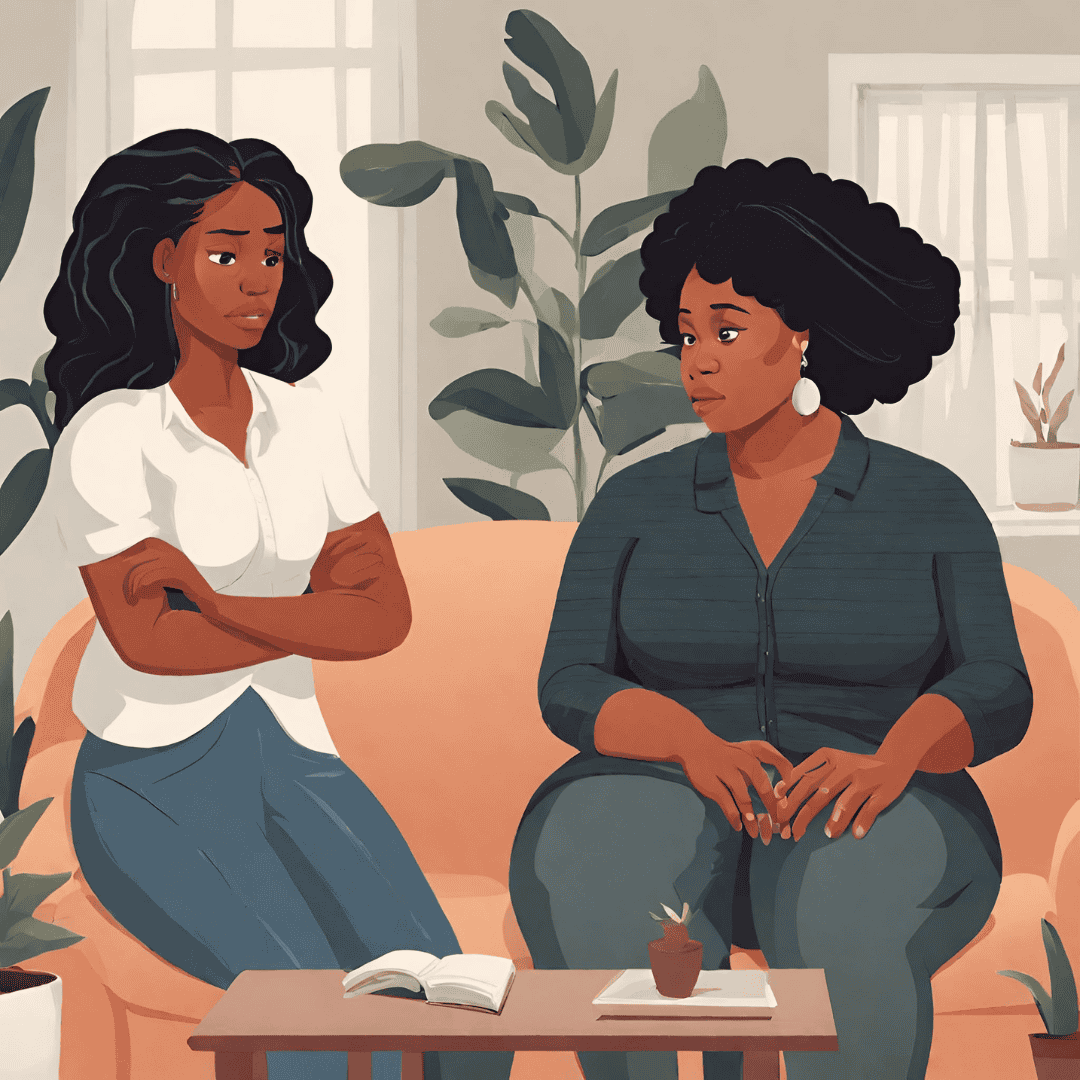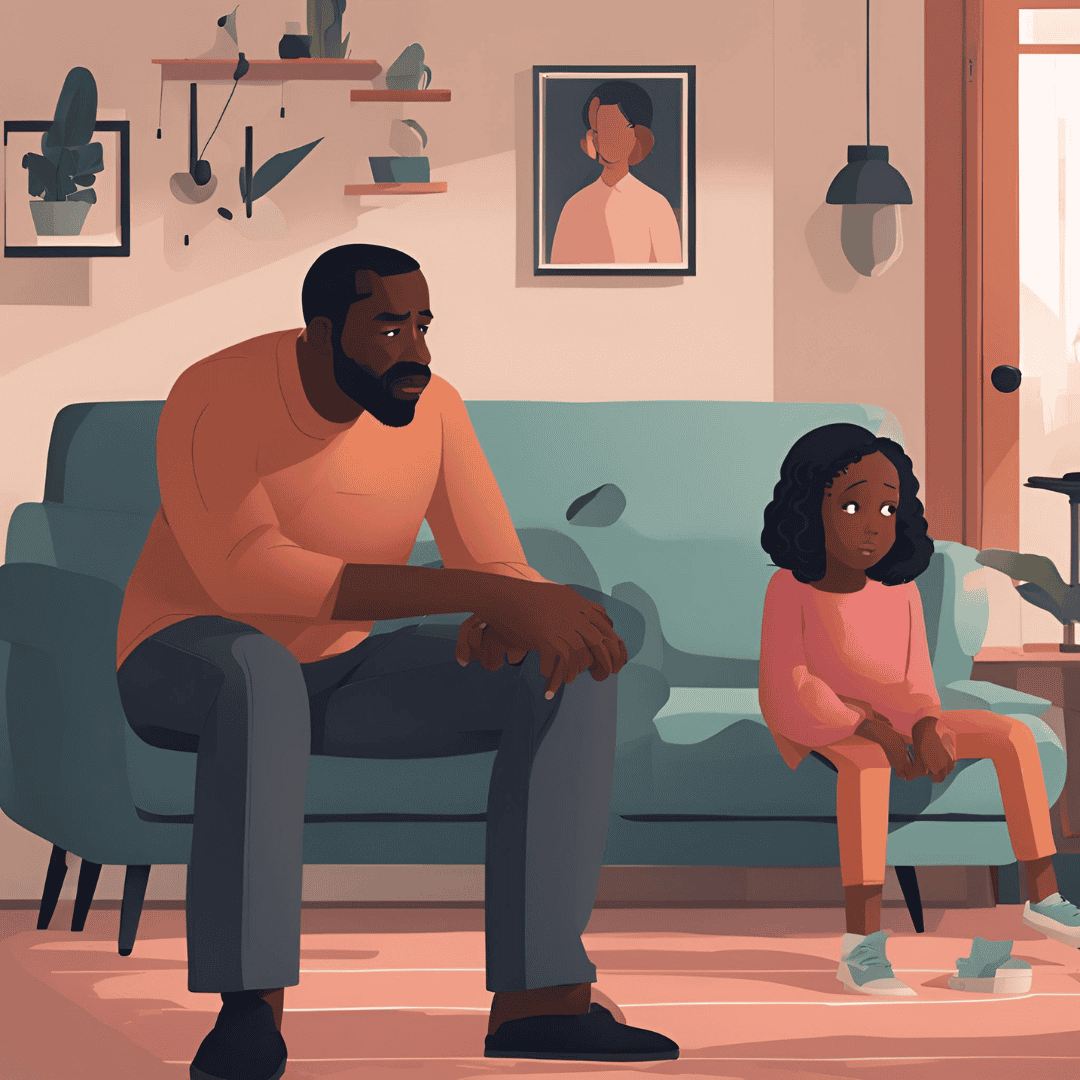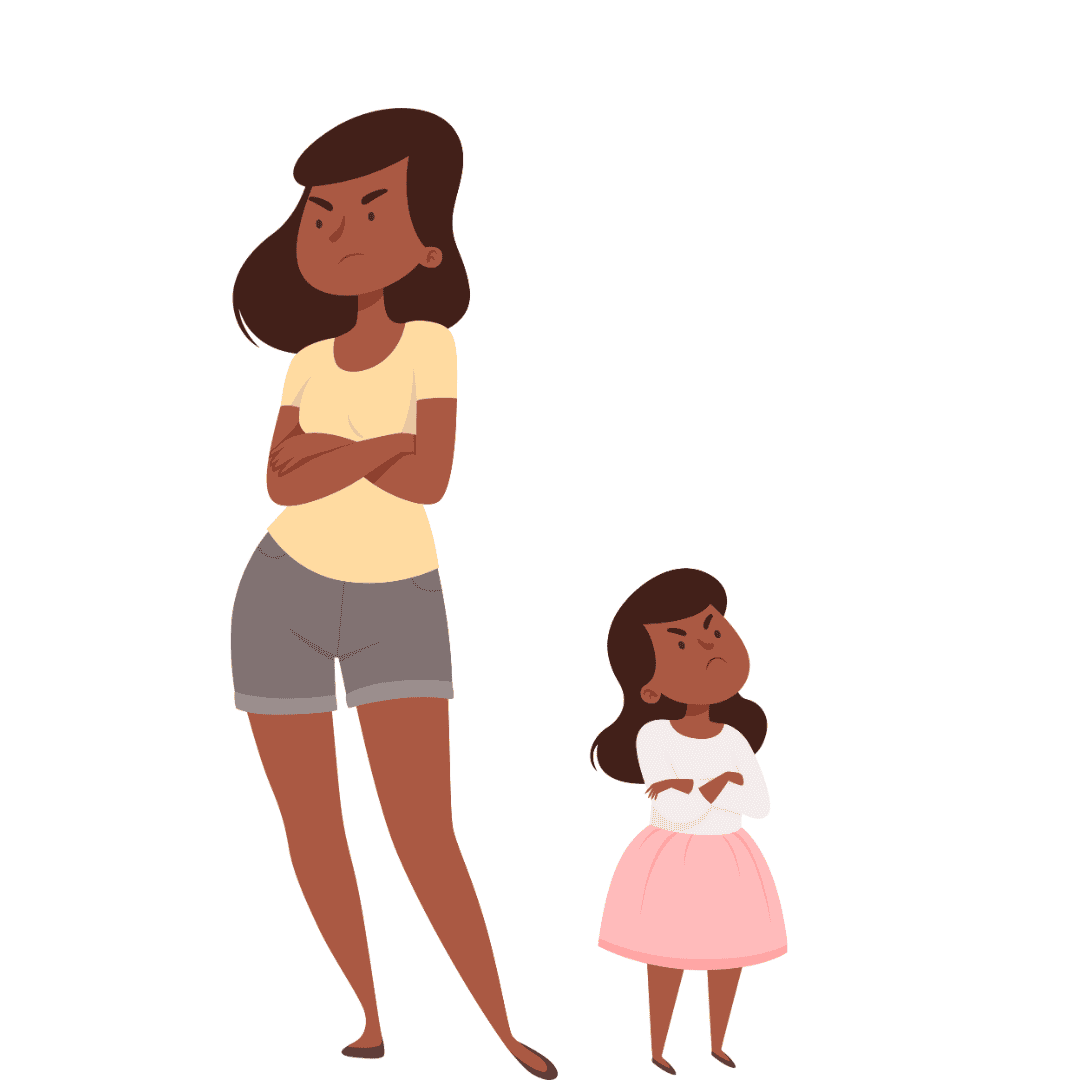
How Toxic Parents Affect Black Adults: Addressing The Secret Taboo
Disclaimer: This article about toxic parents is written for educational purposes. I am not a qualified psychologist or a mental health professional. There may be some errors and omissions and this post has been written accurately to the best of my knowledge. Read this at your own risk.
What is Toxic Parenting?
Toxic parenting is a pattern of negative behaviours where parents use fear, manipulation and guilt to control their children. According to Talkspace, toxic parents display negative behaviours that are damaging to their children’s self-esteem, self-worth and self-confidence in children and adults.
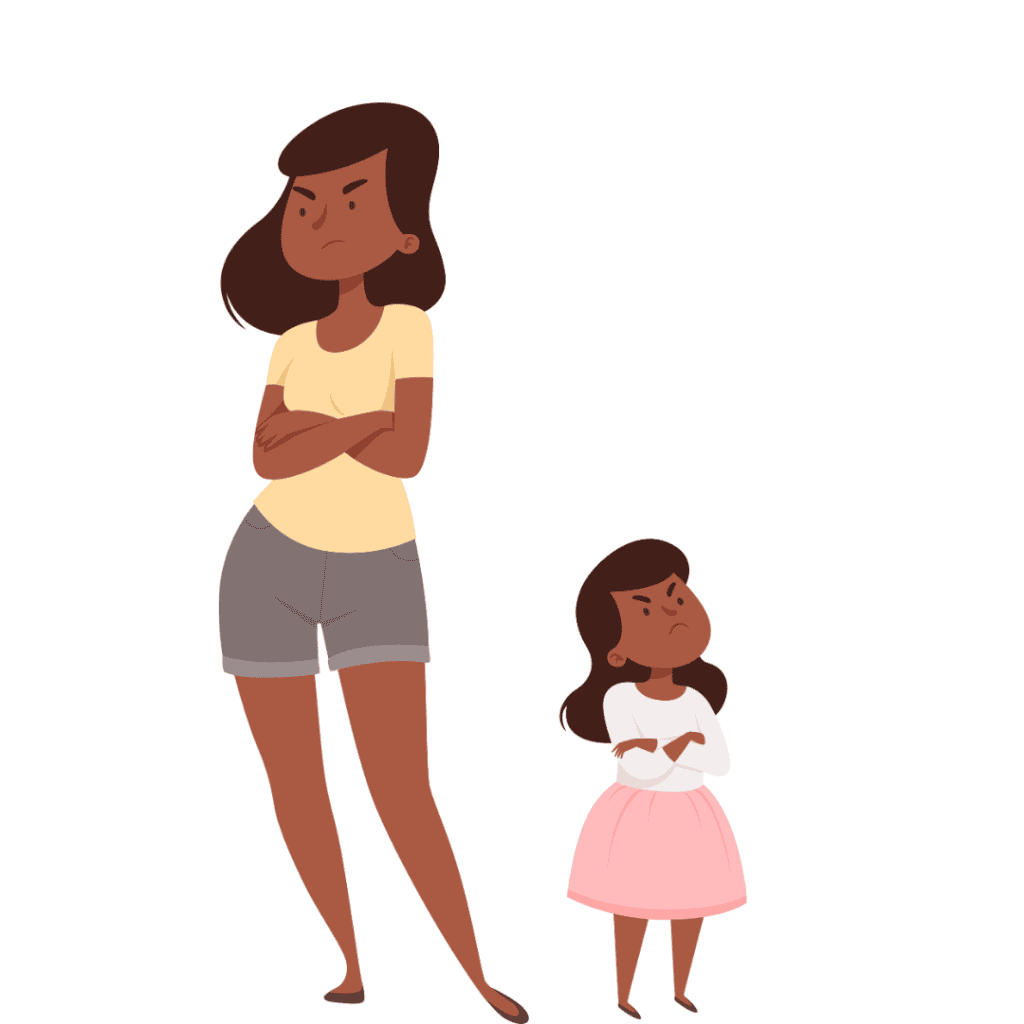
What It’s Like Being Raised By a Toxic Parent/s?
Raising children in an emotionally, verbally or physically abusive environment leads to a dysfunctional family; where the repetition of damaging behaviour such as emotional abuse becomes the norm and parents continue to use toxic parenting which can lead to generational trauma.
Toxic parents create a miserable environment for their children and this could lead to children feeling like they are not respected or valued. On top of that, they are not allowed to express themselves and answering back to their parents is frowned upon and perceived as disrespectful.
In addition, toxic parenting by African parents is running rampant and this issue needs to be addressed because it is affecting a lot of black adults in the African Diaspora. Any parent can be toxic regardless of race, but it is too pervasive in the black community.
Nonetheless, toxic parents are more likely to have a broken relationship with their children because African parents who are harmful do not communicate with their children not even getting to know their children and their hobbies. Instead, they focus more on blaming and criticising adult children when as they get older.
Instead of trying to fix the broken relationship, toxic parents refuse to take accountability regarding how toxic parenting has affected their children’s mental health.
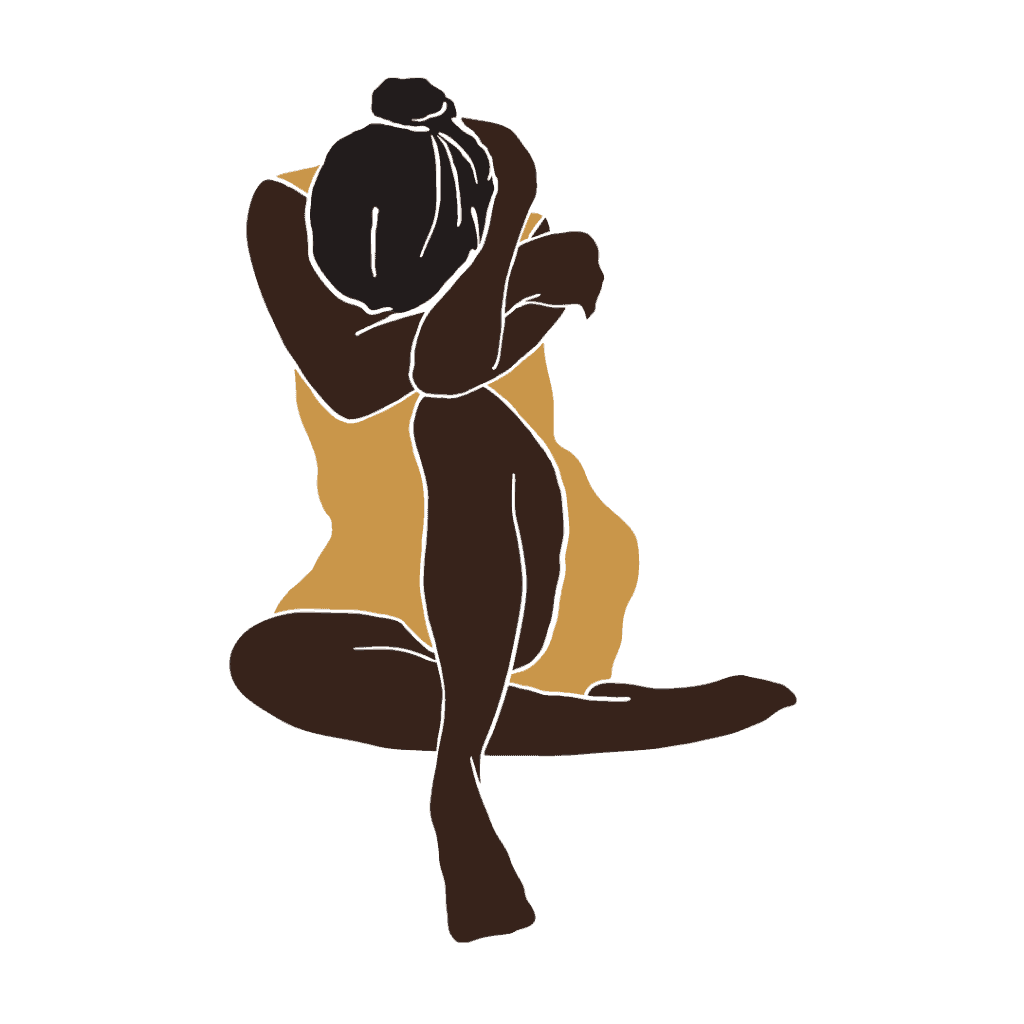
What Are The Signs Of Toxic Parents?
An article by Psychology Today presented a list of 12 questions to help people recognise whether or not their mum, dad or parents are toxic. Here are some traits and signs that may explain their damaging behaviours:
- Emotionally and Verbally Abusive- This type of abuse is harder to recognise and it tends to affect children psychologically. This can include belittling your child, name-calling, calling you worthless and threats of violence. This can affect a child’s self-esteem when they become adults. Other forms of emotional abuse are emotional manipulation and gaslighting.
- Physically abusive- Adults who were raised by physically abusive and authoritarian parents may feel more fearful and walk on eggshells around them
- Criticism- Emotionally detached parents can criticise you on your actions such as how you have your hair, how you dress especially wearing shorts as an adult and if you wear nose piercings they will ask you why you’re wearing nose piercings.
- Emotional manipulation- Toxic parents may use emotional manipulation tactics such as emotional blackmail to get a desired action over their child.
- Control- Their child’s life is controlled in a way that they can dictate what is appropriate to wear in a house even when their children are adults.
- Blaming- They blame their children when it’s not their fault instead of taking ownership of the issue.
- Dismissive of their child’s feelings– This is typical because if parents refuse to acknowledge their feelings, they are more likely to dismiss their emotions.
- Overreact- As an adult, you may have memories of your parents overreacting over something that required them to be more understanding.
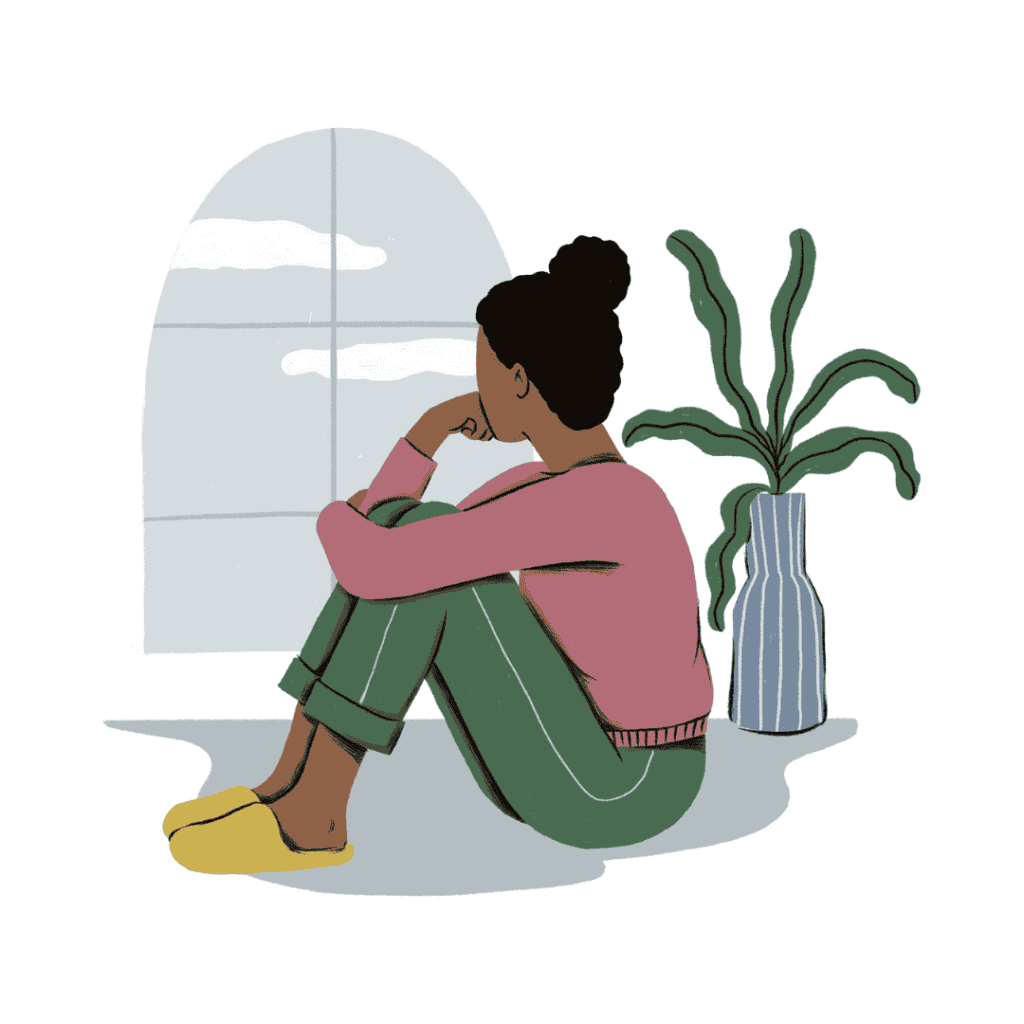
Signs That May Affect You As An Adult
Bustle outlined signs that may explain some of the behaviours that we do as adults:
- Taking failure and rejection too hard- If you see failure as a negative, this may be that you don’t see failure as a way to grow which shows that you are too hard on yourself.
- Avoiding your parents- This could be because of unresolved issues and because you didn’t grow up in an environment where open communication was encouraged, which has allowed you to reduce your contact with them.
- Inner critic- if you felt pressured to achieve higher grades because your parents told you to achieve higher after you failed that can lead to you becoming a perfectionist.
Traits of Emotionally Immature Parents

I read a book about toxic parents who are emotionally immature and the author listed traits of emotionally immature parents that the reader can resonate with as an adult.
- Selfish- Emotionally immature parents don’t see things from other people’s perspectives, they are too focused on their own needs and don’t consider other people’s feelings.
- Lack of accountability- they don’t take accountability for the actions that may upset their children such as hurting their feelings. Instead, they pretend that everything is fine and bury issues under the rug.
- Imposing failed ambitions on their children- some African parents often tell their children that they should work in industries such as working in a bank, being a lawyer or a doctor.
- There is nothing wrong with these jobs, but parents shouldn’t impose their ambitions on their children because they may not be interested in them. It’s important to let them decide what they want to do.
What are the effects of toxic parenting?
Blunt Therapy states that children who were raised by toxic parents who were emotionally abusive are more likely to deal with mental health challenges such as imposter syndrome and may develop anxiety and depression.
In addition, toxic parenting in the black community could lead to distant relationships because they haven’t made an effort to get to know their children or take an interest in their children.
The effects of living with toxic parents are upsetting because someone may display behaviours that they learned from their parents such as giving the silent treatment. This is damaging because we may have picked up negative behaviours that were normalised in a toxic household. It’s important to recognise the steps that need to be taken to connect and express yourself. Healing is an ongoing journey.
Final Thoughts
I’m not saying all African parents are toxic, however, many adults have been affected by their upbringing. Another common thing is that therapy isn’t spoken widely amongst African parents, instead they turn to prayers.
Toxix parents must be held accountable for their parenting style because this isn’t normal. You must be mentally, financially and emotionally prepared to raise children. It’s good to see other black vloggers on YouTube speaking out about their toxic parent’s behaviour.
Thank you for reading this blog post, I appreciate your support and if you are a black woman part of the African diaspora who can relate to this post, let me know what you think about this article and how this has affected you as a black adult.
Book: Dealing With Emotionally Immature Parents: How To Handle Toxic Parents by Priscilla Posey
